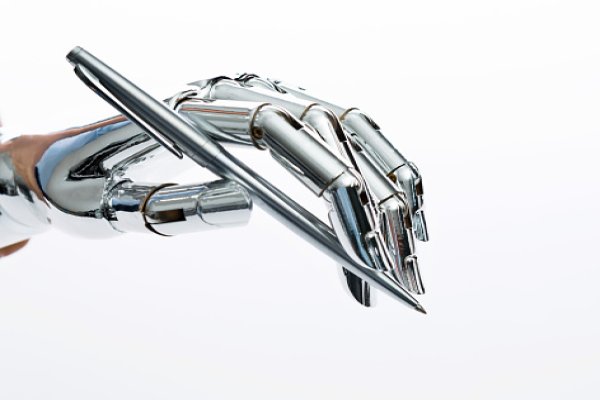Recessions have become all too common in recent decades, and technological advances continue to reduce the need for human labor across industries; debates on universal basic income (UBI) have risen. This conversation was further spurred by OpenAI CEO Sam Altman’s latest prediction that UBI will be needed for survival shortly. In this blog post, we will explore what exactly UBI is, dive into some potential benefits and drawbacks of such an implementation policy-wise, and attempt to answer whether or not it should be implemented based on current economic trends.
Artificial intelligence can bring about drastic alterations in the job market and economy. The introduction of AI could cause a sizable number of jobs to become obsolete, potentially leading to high levels of unemployment and economic disruption.
Universal basic income (UBI) could be adopted to offer financial assistance to those who cannot secure employment.
Numerous potential financing methods exist for a universal basic income (UBI). One such approach could be to impose taxes on businesses or those earning higher wages. Alternatively, it could be funded through government borrowing or redirecting existing welfare benefits and subsidies. Regardless of the method chosen to finance UBI, it would represent a major shift in how governments support citizens.
Implementing Artificial Intelligence (AI) and automation could generate a financial surplus if these technologies are widely adopted and become a substantial income source. This additional profit could be used to fund various projects, representing yet another possible means of financing initiatives.
Sam Altman, Open AI’s CEO of Universal Basic Income Prediction, says:
“We need to design a system that embraces this technological future and taxes the assets that will make up most of the value in that world–companies and land–in order to fairly distribute some of the coming wealth,” Altman said in his 2,933-word post on Moores Law For Everything.
“Doing so can make the society of the future much less divisive and enable everyone to participate in its gains.”
The post came just months before the public launch of OpenAI’s newest project, ChatGPT, which has since taken the internet, and the world by storm. It’s astonished millions, skeptics and all, with its advanced, human-like capabilities.
AI gives us a preview of the future, something experts have anticipated and been apprehensive about for quite some time.
Impact of ChatGPT on Job Security And Automation
ChatGPT has demonstrated that AI has the potential to impact the job market negatively. However, this technology is still in its early stages and has many drawbacks. Universal Basic Income could become a reality for people to cope with this issue effectively.
A few of the positions that AI language models may be better suited for than humans are:
– Code writers/translators
– Content writers
– Language translators
– SEO strategists
– Copywriters
– Data analysts
Utilizing AI effectively will drastically boost productivity across all the jobs mentioned, leading to fewer human workers being needed. A single individual can do as much work as seven people would in half the time by providing the necessary instructions.
Will A Universal Basic Income Be Required In The Future?
The idea of a Universal Basic Income has been around for centuries. The idea dates back as far as 1516! There have always been times throughout history when technological advances force humans out of work. The industrial revolution saw millions of jobs displaced by machinery.
Altman forecasts that OpenAI’s technology could have a much more devastating effect on the 21st-century workforce.
AI generative technology is still in its early stages. Just imagine where it could be in the next decade! It’s a captivating thought and one that has the potential to disrupt on an unprecedented scale, potentially leaving a considerable portion of the population unemployed.
It’s no secret that machines are slowly replacing many jobs. As our world changes and technology advances, it’s important to consider how this will affect human employment opportunities. Universal Basic Income may become necessary to ensure everyone can live a comfortable life, regardless of occupation. What do you think about Universal Basic Income? Will it be necessary in the future?
Source: AiNewsBase | Latest Artificial Intelligence News



